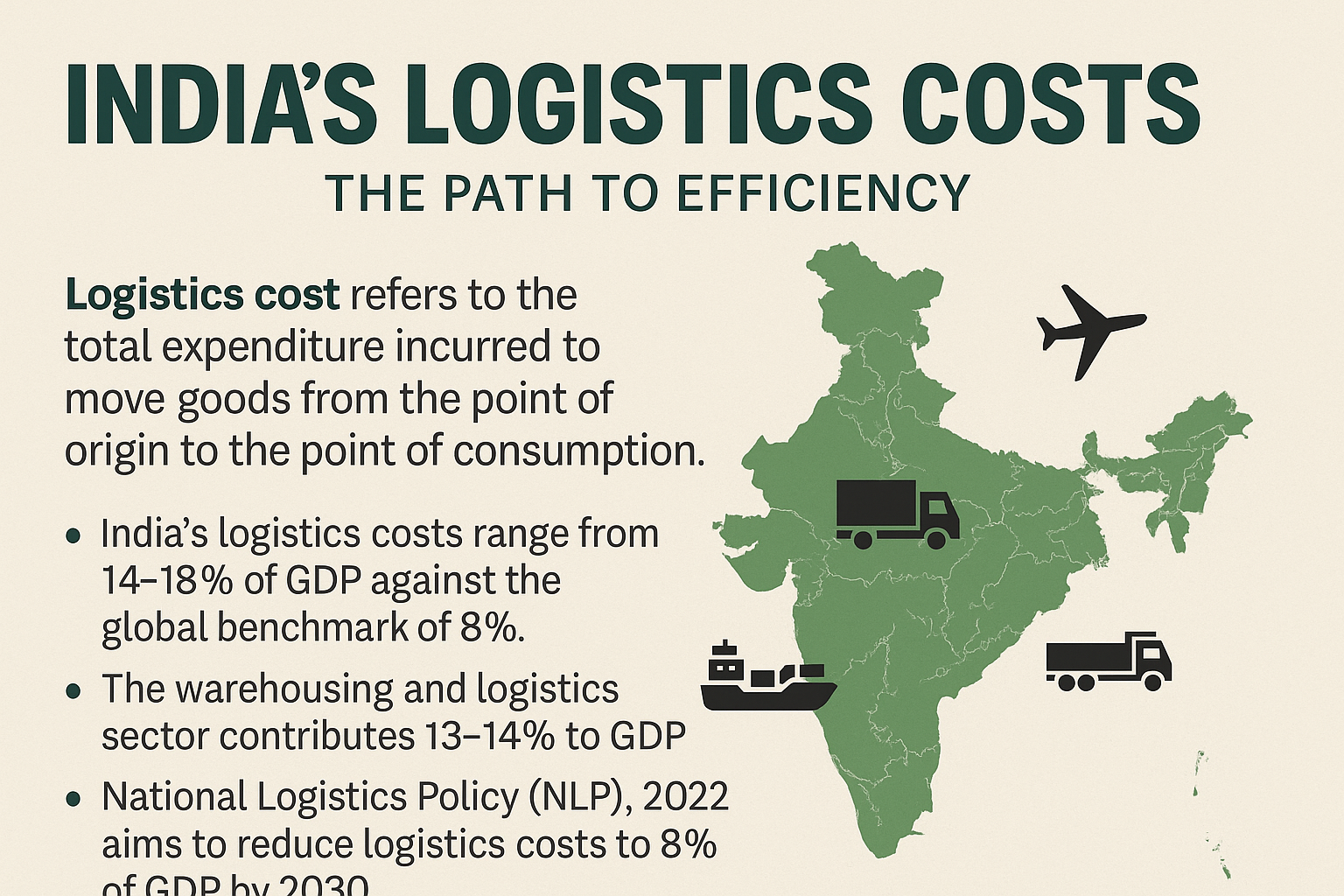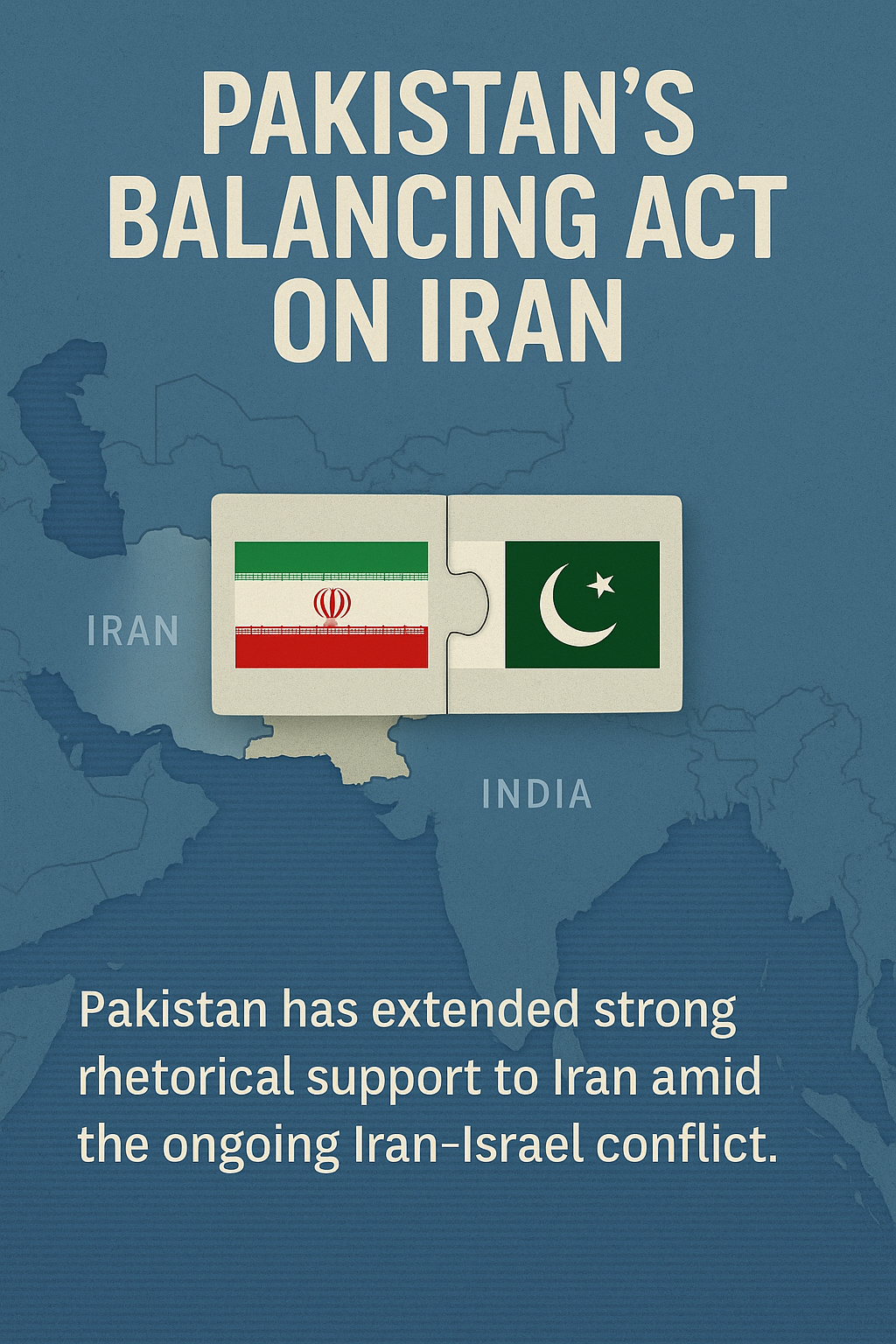090.
Timekeeping Reform | IST Only | Synchronised Infrastructure
India to Standardise All Official and Commercial Timekeeping with IST
The Government of India has proposed new rules mandating exclusive use of Indian Standard Time (IST) across all sectors. With this move, the government seeks to eliminate time-related discrepancies in critical domains like banking, telecommunications, and governance. Public feedback has been invited by the Ministry of Consumer Affairs on this draft legislation.
🕰️ Indian Standard Time: A Unified Clock for the Nation
- IST = UTC+05:30, derived from the 82°30’E meridian near Mirzapur.
- Adopted on 1 January 1906, replacing regional time zones like Madras Time.
- Became India’s national standard post-independence in 1947.
📜 New Provisions at a Glance
- Only IST can be used in legal, administrative, and commercial contexts.
- Government offices must prominently display IST clocks.
- Time-synchronisation systems will become mandatory for ensuring precision and security.
⏱️ Why Accurate Timekeeping Matters
- In banking: Enables seamless, timestamped transactions.
- In telecom and IT: Ensures data security and consistency.
- In defence and space: Precision timing underpins mission success.
- A unified time system supports reliable infrastructure across the board.
⚖️ Critics Say One Size May Not Fit All
- India’s east-west expanse creates natural daylight variations.
- Northeastern states experience early sunrise and sunset, disrupting local routines.
- Calls for an Eastern India Time (EIT) have been raised but not implemented.
- Government argues that the administrative benefits of a single time zone outweigh regional differences.
🔧 Strengthening the Backbone of IST
- Collaboration is underway between:
- Department of Consumer Affairs
- National Physical Laboratory
- ISRO (Indian Space Research Organisation)
- Focus: A robust time dissemination and synchronisation mechanism for national use.
India’s push for unified timekeeping reflects a broader goal: synchronised systems, digital clarity, and infrastructure precision. As debates around multiple time zones continue, IST remains the nation’s ticking heartbeat—for now.















